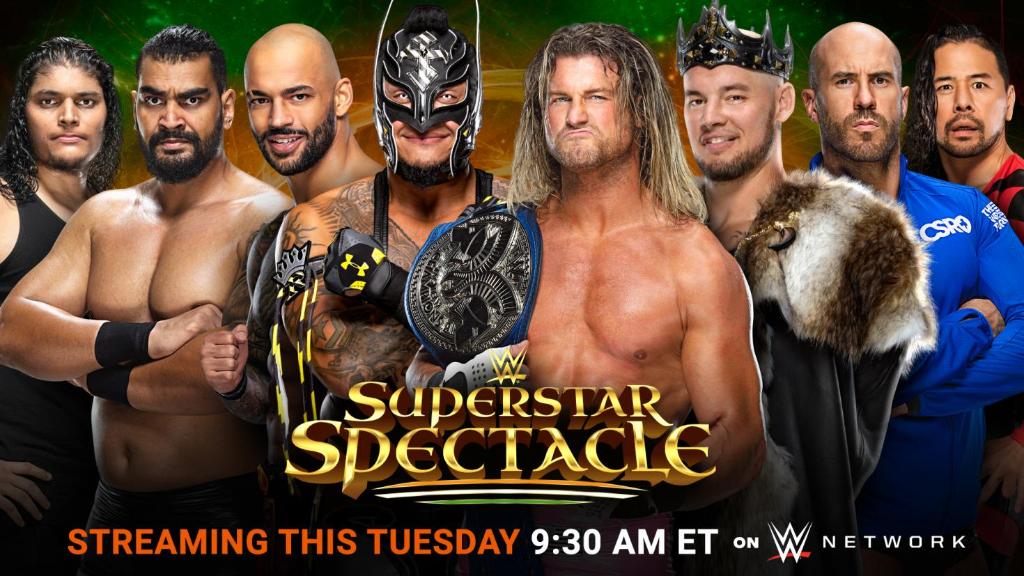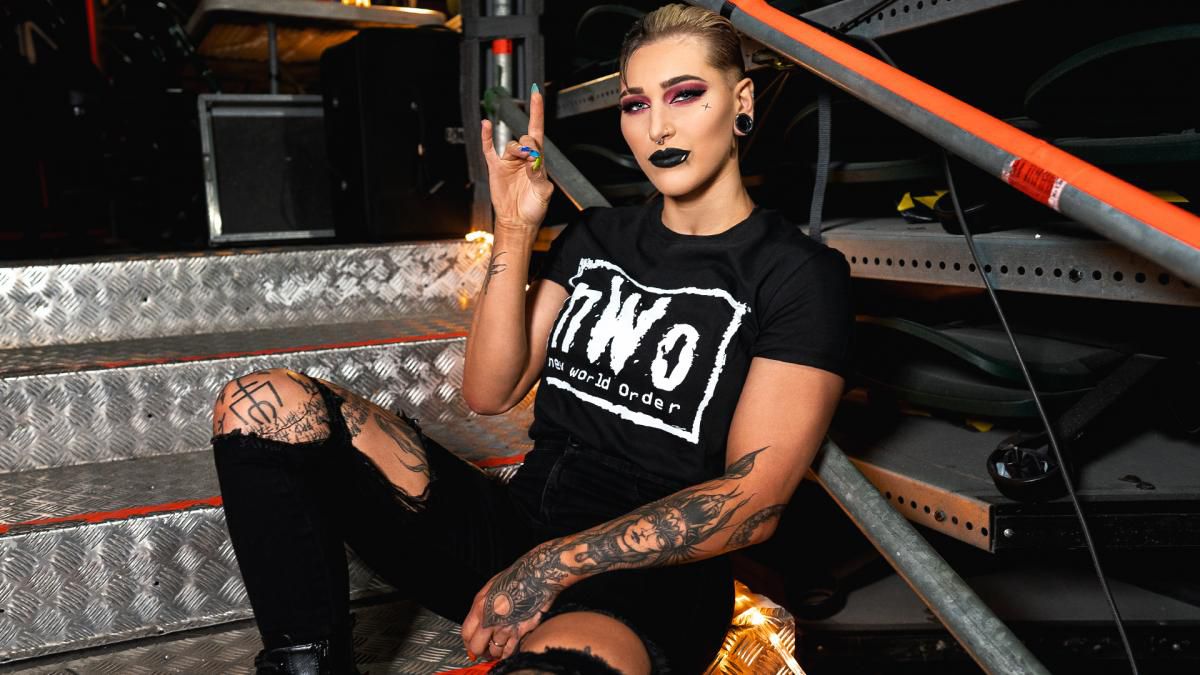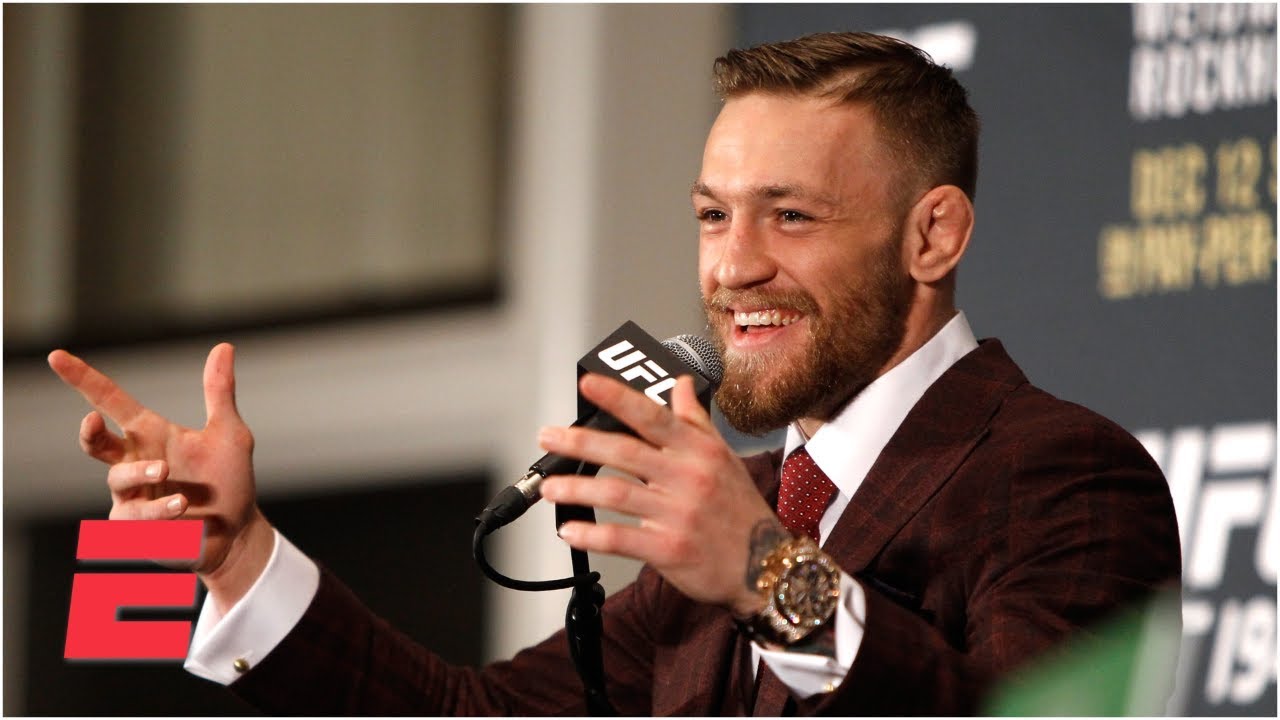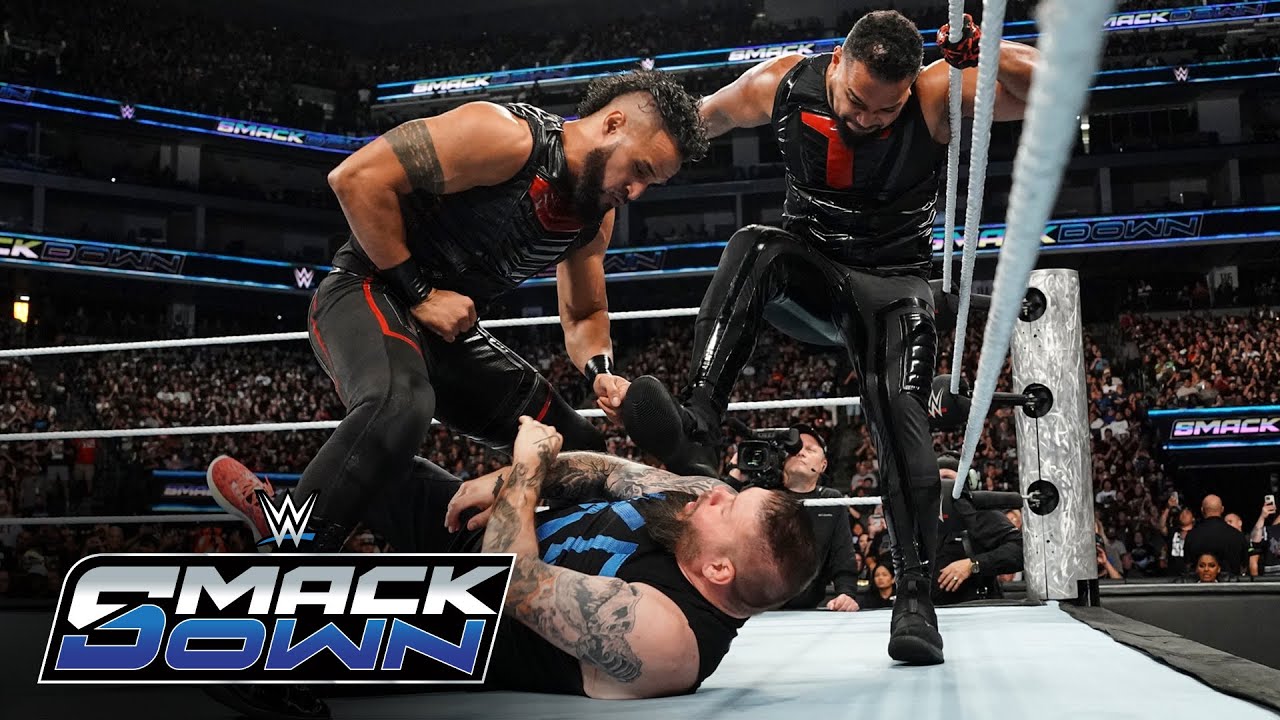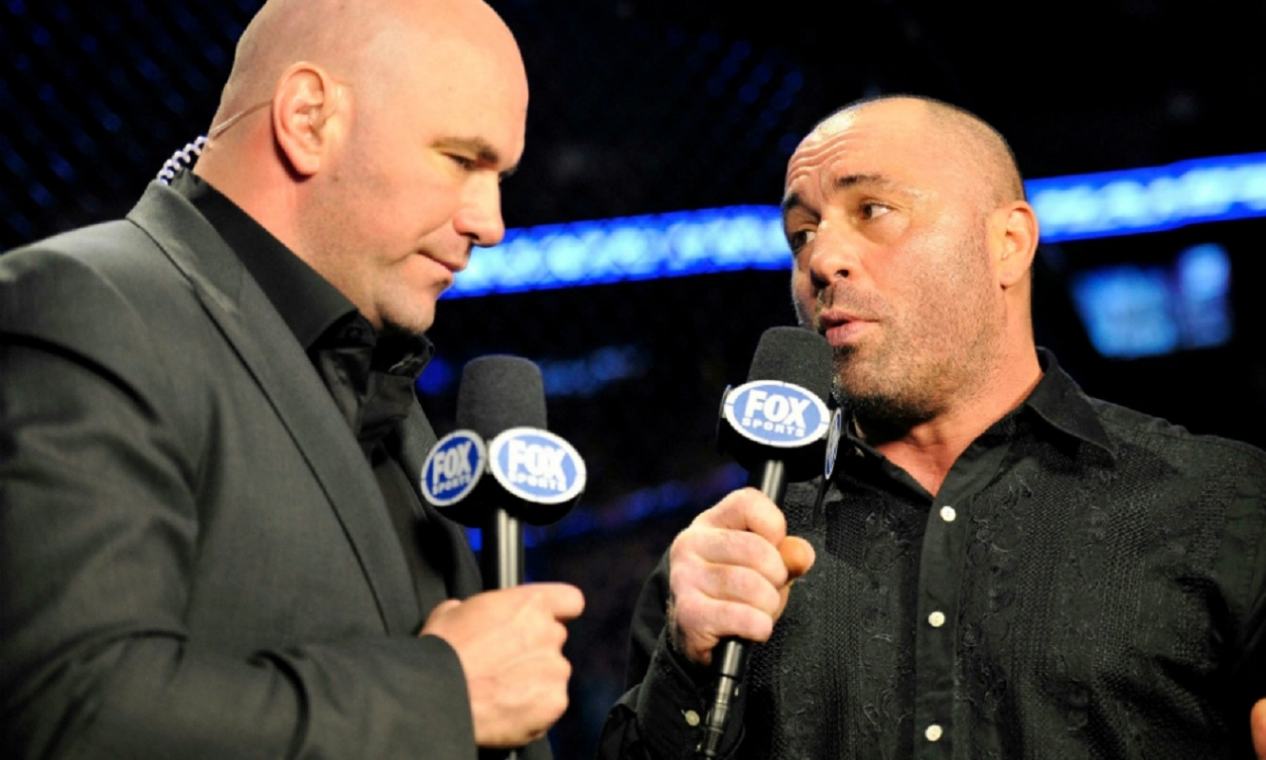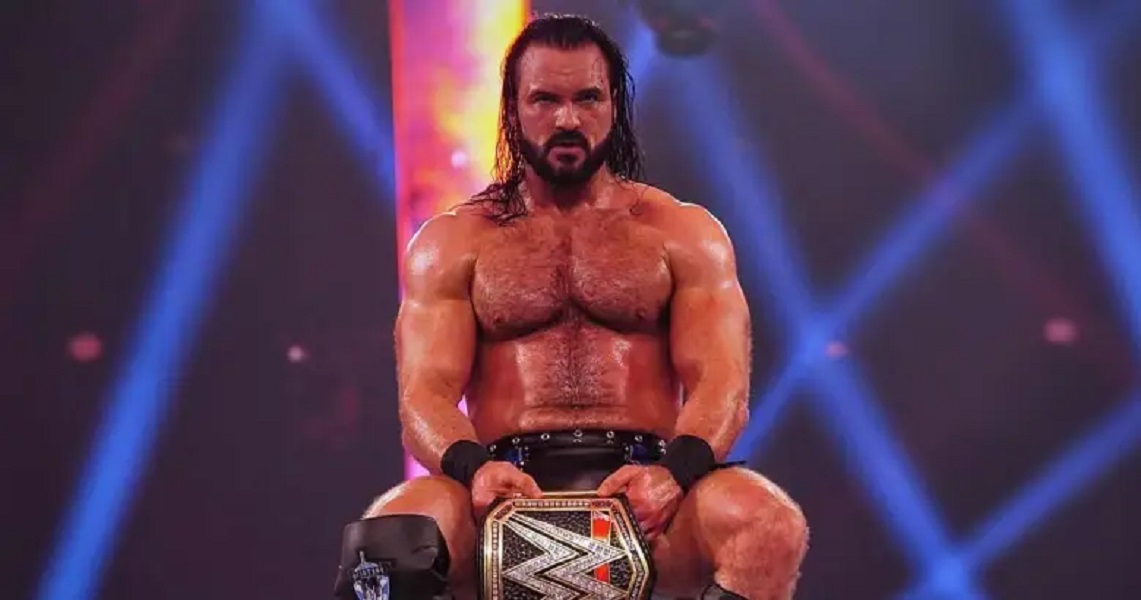The Impact of UFC on Global MMA: How UFC Shaped the Sport Worldwide
MMA is a combat sport that has evolved from a restricted fighting ring to a competitive and popular one across the world, and UFC is on top of this change. The UFC, which started in 1993, has been instrumental in the development of the sport across the globe. MMA, which used to be a dark combat understood by few, is now a legal and respectable sport. This paper aims at identifying how the UFC has impacted the growth of MMA around the world in terms of rule-making, promotion, internationalization, and popularization of the sport.
Early Years and Standardization of Rules
The roots of the UFC organization lie in the desire to find out which of the martial arts is the best, and for this, practitioners of different styles fought against each other with as few restrictions as possible. The early fights, commonly known as ‘’no-holds-barred’’ fights, were considered very dangerous and were associated with low safety measures. However, it is important to note that when the UFC was getting started, it did not have formal rules, and it only became apparent as the organization expanded that rules had to be put in place to protect the fighters and to give the sport more credibility.
Unified Rules of MMA
In 2000, the New Jersey State Athletic Control Board came up with the Unified Rules of Mixed Martial Arts that the UFC adopted and spread across the world. They included weights, rounds, and prohibited moves, which did a lot to improve the safety and organization of the sport. The implementation of the Unified Rules helped get the athletic commissions in the United States and later across the globe to approve modern MMA. These rules were adopted and followed later by other organizations, thanks to the UFC bearing the responsibility of setting the standards of the MMA sport.
Promotion of Fighters and Personalities
The UFC is not only about the fights in the octagon but also about building fighters as personalities and athletes. The organization has spent a lot of money in marketing and media to promote its fighters as world-recognized celebrities.
The Rise of Conor McGregor and Ronda Rousey
Two of such fighters include Conor McGregor and Ronda Rousey. McGregor, who was famous for his personality and great fighting abilities, turned into a cultural phenomenon. Rousey, being the first ever female fighter to sign with the UFC, paved the way for women in MMA and attracted the attention of people who previously had no interest in the sport. Their success stories show how the UFC has developed the art of narrating stories and making characters that set audiences apart from the purists.
The Ultimate Fighter
One of the most popular shows in the history of television was the 2005 reality show “The Ultimate Fighter,” which dominated the cable industry and had a major influence on the development of MMA. In the given TV show, elements of reality television and competitive fighting were combined; thus, the audiences were introduced to the biographies and issues of fighters. It can be credited to the UFC for gaining more followership, and due to this, the sport has become popular.
International Expansion
UFC’s expansion on the international front has been very helpful in taking MMA across the global market. The organization has staged events in many countries and interacts with various audiences, different from each other but enthusiastic about the shows.
Establishing global markets
The UFC has aimed at expanding its operations globally and has specifically focused on certain markets. For instance, Brazil itself has a history of martial arts, and they leveraged this to grow the fan base based on the local fighters. Likewise, in Canada, the United Kingdom, and Australia, the organization has held numerous events, contributing to the rising popularity of MMA.
Breaking into Asia
Undoubtedly, one of the UFC’s main successes has been its expansion into the Asian market. Japan and South Korea, for instance, which have their own styles of martial arts, have supported the UFC. The initiatives of the initiatives of the organization in China, especially the recent launch of the UFC Performance Institute in Shanghai, demonstrate a long-term approach to the development of the sport in the region. This is in an effort to develop new talent and markets for the UFC through the construction of better infrastructure and the nurturing of local talents in Asia.
Mainstream acceptance and media presence
The UFC’s crusade for integration into mainstream culture has been multi-pronged; the organization has sought to engage the media, sponsors, and market to its target audience.
Media Partnerships
The high visibility resulting from partnerships with major sports networks such as ESPN has greatly benefited the UFC. Such partnerships have resulted in coverage that includes the build-up to the fight, the fight itself, and the analysis of the fight. Such exposure has gone quite a long way in ensuring that MMA is accepted as a sporting discipline.
Digital Media and Streaming
It has also adopted the use of digital media and streaming as a means of reaching out to the global market. Consequently, the availability of UFC Fight Pass—paid for digital streaming—enables fight fans across the globe to watch events live and thousands of past bouts online. Not only has this platform helped enhance the UFC’s revenue, but it has also helped bring the sport into the homes of people all around the world.
Celebrity endorsements and sponsorships
This has been made possible by the recent affiliations with sponsorship from some of the biggest brands that have given credibility to the UFC. Celebrities and athletes of other sports have also given MMA their blessings, and this has brought more fans to the sport. Also, sponsorship deals with international companies, such as Reebok and Monster Energy, have offered financial security and developed the sport’s commercial potential.
The development of training and performance standards
The UFC also played a role in the creation of training and performance protocols in MMA. The creation of the UFC Performance Institute in Las Vegas and later in Shanghai is clear evidence of the organization’s ambition to promote the sport of MMA through scientific work and modern training equipment.
The UFC Performance Institute
The UFC Performance Institute provides fighters with the best in sports science, diet, and recovery. This facility not only aids the fighters in performing to their best but also assists in revolutionizing the treatment of athletes in MMA. The findings from research studies conducted at the institute have helped in the understanding of the physical requirements of the sport as well as enhancing the training approaches.
Impact on Other Organizations of Mixed Martial Arts
Thus, the influence of the UFC has been observed to have a domino effect on other MMA organizations globally. Other promotion companies like Bellator MMA, ONE Championship, and the Professional Fighters League (PFL) have also implemented similar practices in regards to production, fighter management, and event planning.
ONE Championship
Singapore’s ONE Championship has had significant success in Asia. Of course, being a promotion exclusively dedicated to martial arts and with its own identity, stress on the traditional values of martial arts, and expansion to include different styles of martial arts, it has borrowed a lot from the UFC model. It has profited from the growing MMA craze created by the UFC and has added to the richness and expansion of the sport in Asia.
Bellator, MMA, and PFL
Bellator MMA and the PFL have also copied the UFC’s structure by utilizing a format of short tournaments and concentrating on the fighters’ training process. Such organizations offer fighters other channels through which they can fight, and these organizations have added much value to the growth of a more competitive MMA.
Cultural Impact and Social Acceptance
The UFC includes not only the sporting world but also cultural identity and the social acceptance of MMA. Due to efforts made by the UFC to portray martial arts as disciplined and respectable, the outlook on combat sports has been altered.
Changing Perceptions
The UFC has also tried to remove the perception of MMA as a violent sport. Due to the philosophy and policy of respecting opponents, fair play, and techniques involved in the UFC, it has played a significant role in changing people’s perceptions of MMA as a sport instead of being labeled as a mere fight club.
Community Engagement and Charitable Initiatives
The UFC has also participated in several other activities in society, especially charity activities, thus improving its image. There are millions of good things the MMA has done for society; for instance, programs that support military veterans, anti-bullying crusades, and youth development programs. Such measures have assisted the UFC in expanding its recognition and popularity among different groups of people.
Challenges and Controversies
In the same respect, the UFC has not been without its fair share of issues and controversies. Some of the topics that have raised controversies include fighter remunerations, fight contracts, and the welfare of fighters, especially their health status in the future.
Fighter pay and contracts
Another of the most debated topics in the UFC has been the pay that fighters receive. There has been a lot of criticism, primarily from the fighters, that the earnings they receive are very low and do not justify the work they put in and the revenue generated for the organization. Many have in the past accused the UFC of having unfavorable contract terms for the fighters in their organization.
Fighter safety and health
Issues regarding fighter protection and their health in the future, especially when it comes to the head and concussions in particular, have also been voiced. The UFC has sought to address these problems by stepping up medical requirements and encouraging further research on combat sports’ consequences. However, the debate goes on, with some people calling for the implementation of other measures protecting fighters.
Conclusion
Thus, the position of the UFC in the overall picture of the development of MMA around the world is difficult to overestimate. Through a process of rule-making, fighters’ development, expansion of the international level, and gaining acceptance in mainstream culture, the UFC has contributed greatly to the process of MMA becoming a popular sport. Nevertheless, the UFC’s impact on the development of the sport cannot be denied, despite having gone through some challenges and controversies. Thus, the UFC will continue to be the leading contributor to the developments in MMA as a type of cage fighting all over the world.




